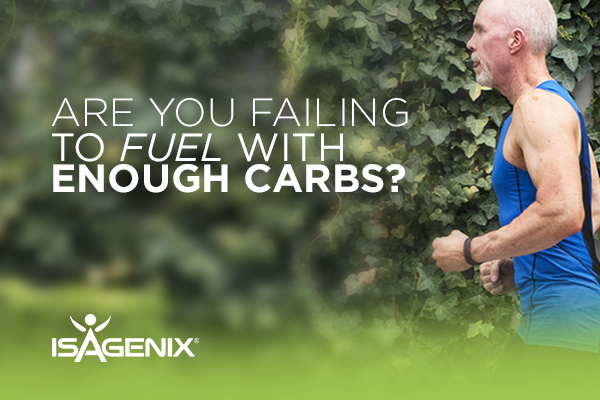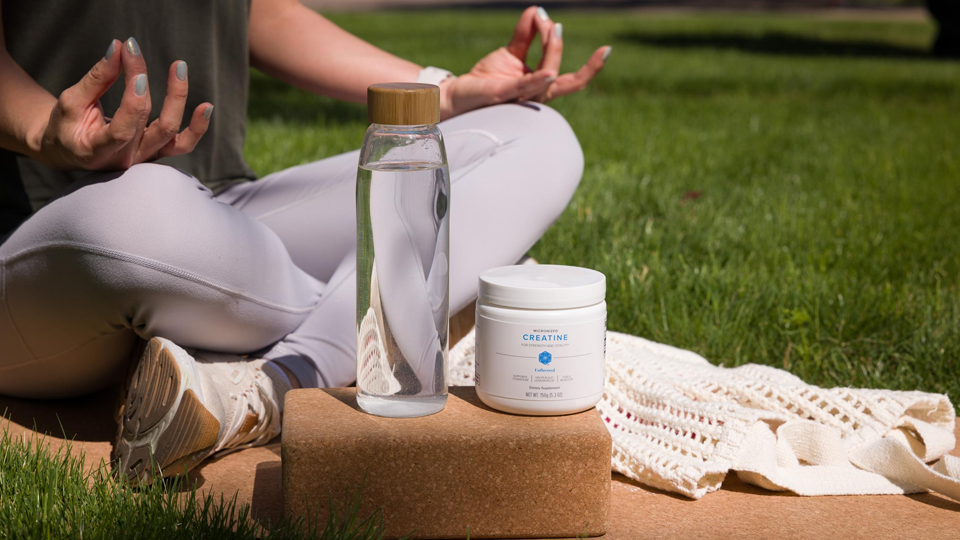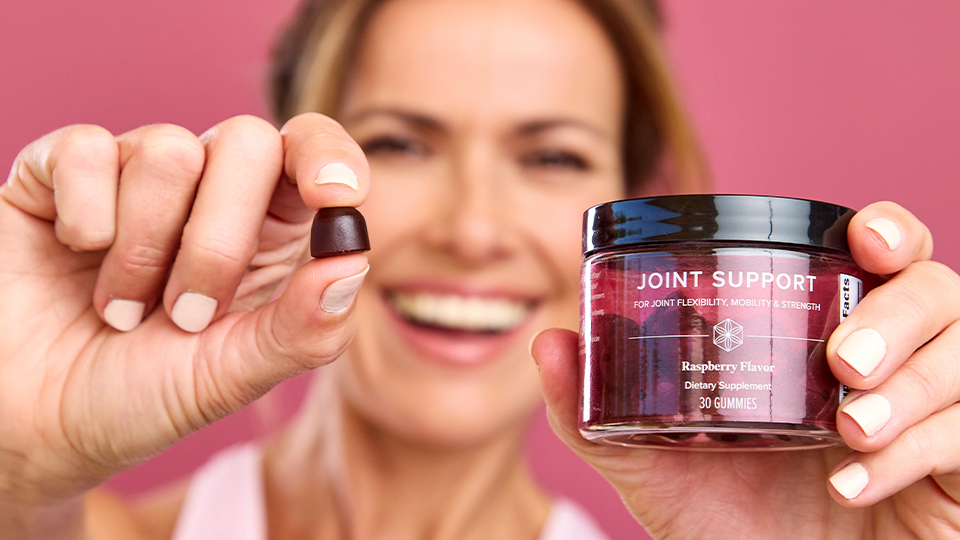Lately carbohydrates have been getting a bad rap in the athletic world, yet they are central to performance. The body even stores them in the liver and muscles as glycogen so they can constantly supply energy.
Muscles need a readily available supply of carbohydrates to contract, but as the intensity of exercise goes up so does their reliance. This means that when athletes plan to work out at a high level for any length of time, they need to ensure they are giving their bodies the fuel it needs to perform.
Now a new study from Canada highlights that nearly half of endurance athletes are not meeting their daily requirement for carbohydrates (1). Despite the known importance of carbohydrates, the study found that up to 54 percent of nonelite athletes competing in endurance events don’t consume the recommended amounts of carbohydrates during their training periods leading up to race day.
To compete in endurance events, athletes have to train for long hours, sometimes with multiple exercise sessions a day. With an average weekly training time comparable to a second job, endurance athletes are burning through a high amount of fuel (2, 3). For these reasons, athletes need to consume carbohydrates as part of a nutrient-dense meal.
Recommendations for carbohydrates are expressed relative to body weight making them relatively easy to calculate (4). Daily carbohydrate needs of endurance athletes who train between 1-3 hours a day have been estimated at 6-10 grams per kilogram of body weight per day (5).
So if you’re a 180-pound male or 130-pound female, you should be consuming 490 and 350 grams of carbohydrates on training days, respectfully.
While this amount may scare some athletes, know that a suboptimal intake of carbohydrates doesn’t just affect performance and recovery.
Athletes with suboptimal carbohydrate intakes may also be at increased risk of lower immune function, which may impair both the quality of training and performance in competition (3). Carbohydrates also play a critical role in the release of insulin, which helps lower cortisol, a hormone that contributes to muscle protein breakdown (3).
Not only should you have carbohydrates before exercise, but even carbohydrate intake during exercise has repeatedly been shown to improve performance. Taking in carbohydrates while running or cycling has been shown to spare muscle glycogen because the muscles take up glucose from the blood and use it for fuel instead of using stored energy. Sparing glycogen is desirable because glycogen depletion causes fatigue and saving it ensures that there is energy in reserve.
Ensuring that muscles are well supplied with glycogen is one of the most important nutrition strategies for athletes. That’s why feeding your muscles just after a workout is one of the best ways to prepare for your next workout (3).
If an athlete’s main goal is to restore energy, it’s most effective to start with an easily digested carbohydrate source as soon as possible, because you can quickly absorb them. After exhaustive exercise, glycogen is replaced at the rate of about 5-7 percent per hour, which means it could take 15-20 hours to replace your glycogen stores (4).
To achieve high performance, the bottom line is that you shouldn’t limit your intake of carbohydrates because you simply won’t supply your body with enough to properly refuel. When muscles lack carbohydrate, the fact is that performance suffers.
References
- Masson G & Lamarche B. Many non-elite multisport endurance athletes do not meet sports nutrition recommendations for carbohydrates. Appl Physiol Nutr Metab. 2016 Jul; 41(7):728-34.
- Gianoli D et al. Comparison between recreational male Ironman triathletes and marathon runners. Percept Mot Skills. 2012 Aug; 115(1):283-99.
- Jeukendrup AE, Jentjens RL & Moseley L. Nutritional considerations in triathlon. Sports Med. 2005; 35(2):163-81.
- Burke LM et al. Guidelines for daily carbohydrate intake: do athletes achieve them? Sports Med. 2001; 31(4):267-99.
- Rodriguez NR et al. Position of the American Dietetic Association, Dietitians of Canada, and the American College of Sports Medicine: Nutrition and athletic performance. J Am Diet Assoc. 2009 Mar; 109(3):509-27.
- Burke LM, Loucks AB & Broad N. Energy and carbohydrate for training and recovery. J Sports Sci. 2006 Jul; 24(7):675-85.





